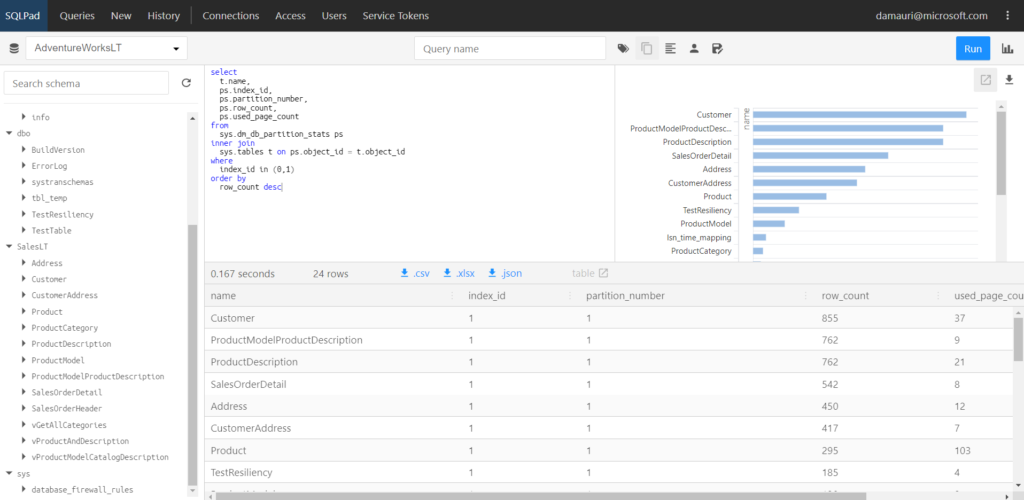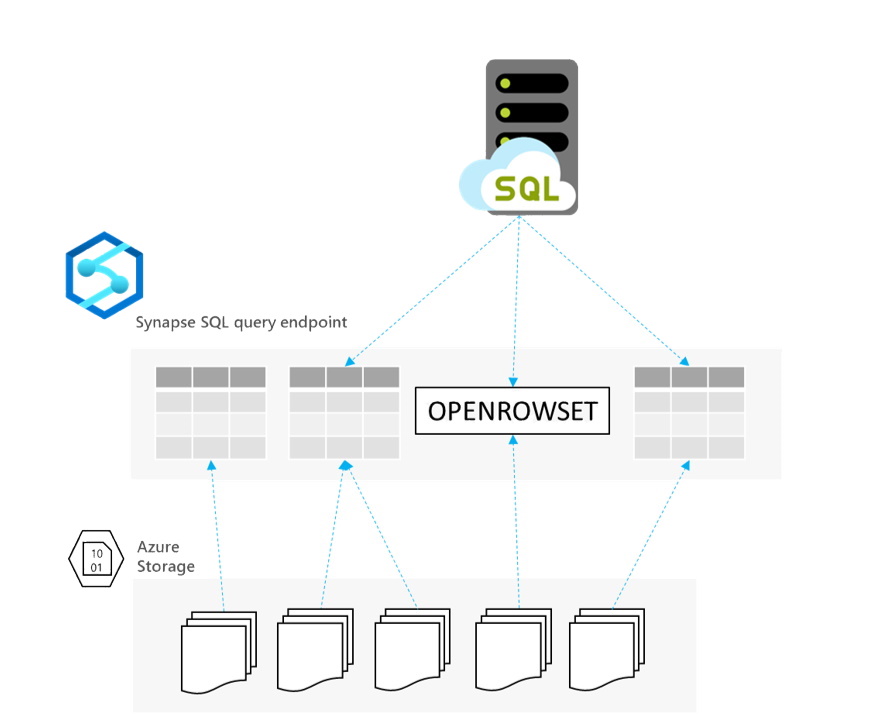


Use Linked server to Synapse SQL to implement Polybase-like scenarios in Managed Instance

Microsoft.Data.SqlClient 2.0.0 is now available

Go Azure SQL!

JSON in your Azure SQL Database? Let’s benchmark some options!

Voices from the Azure SQL PM Team, focusing on development and developers





